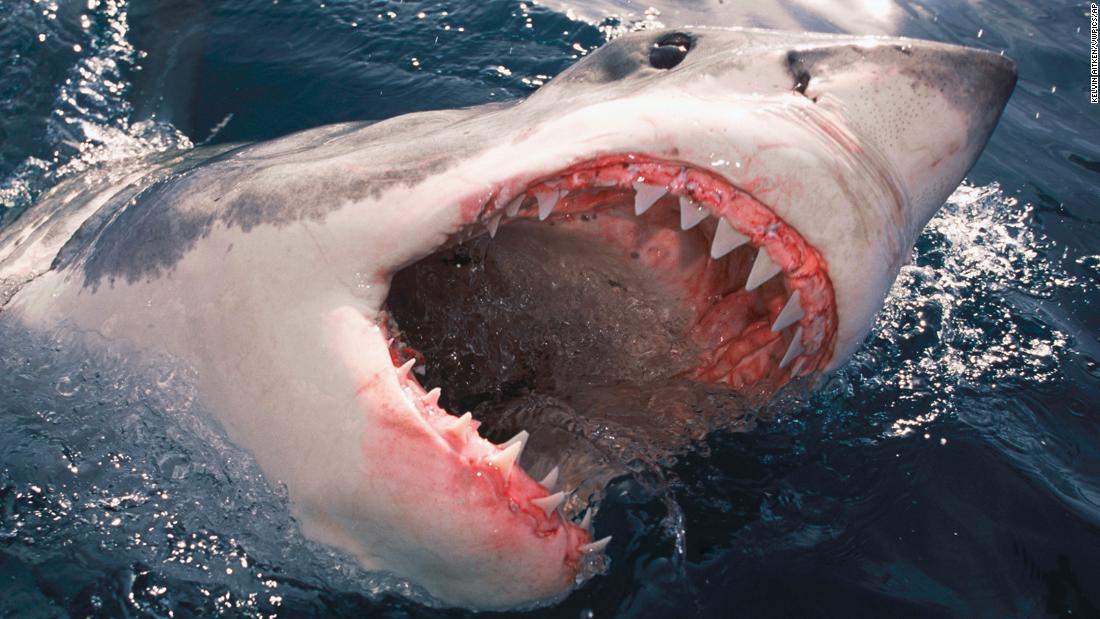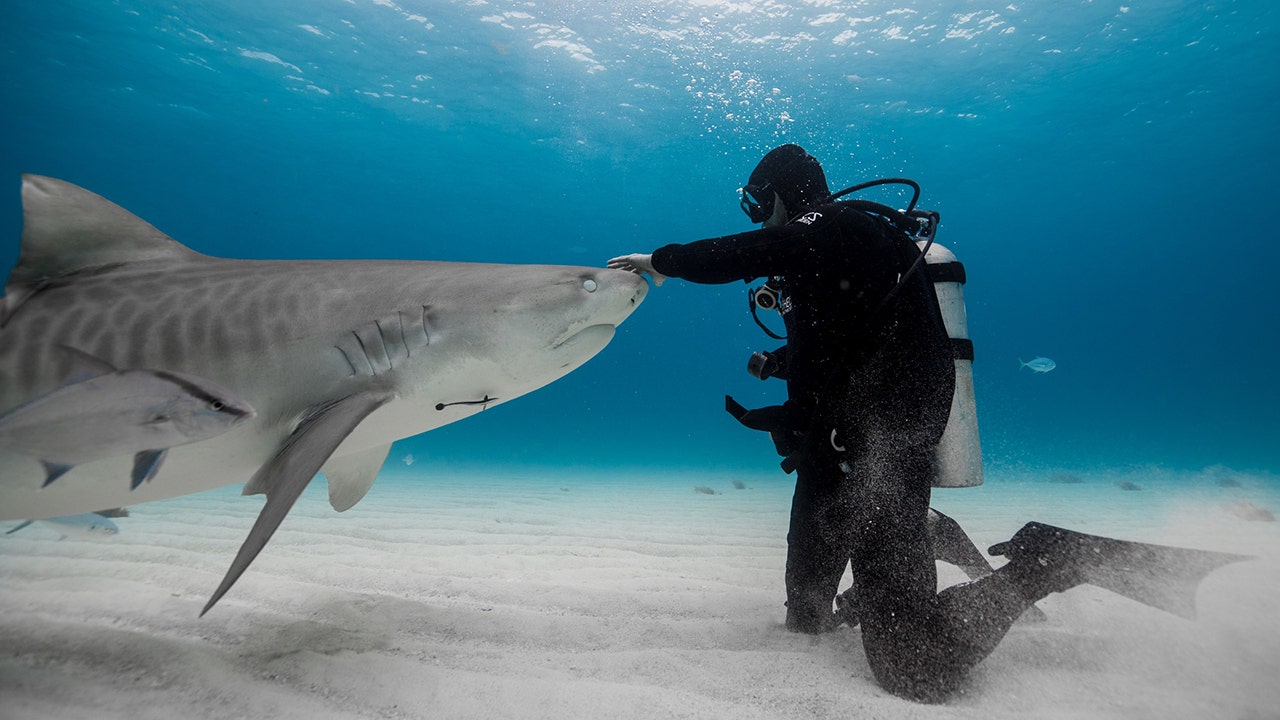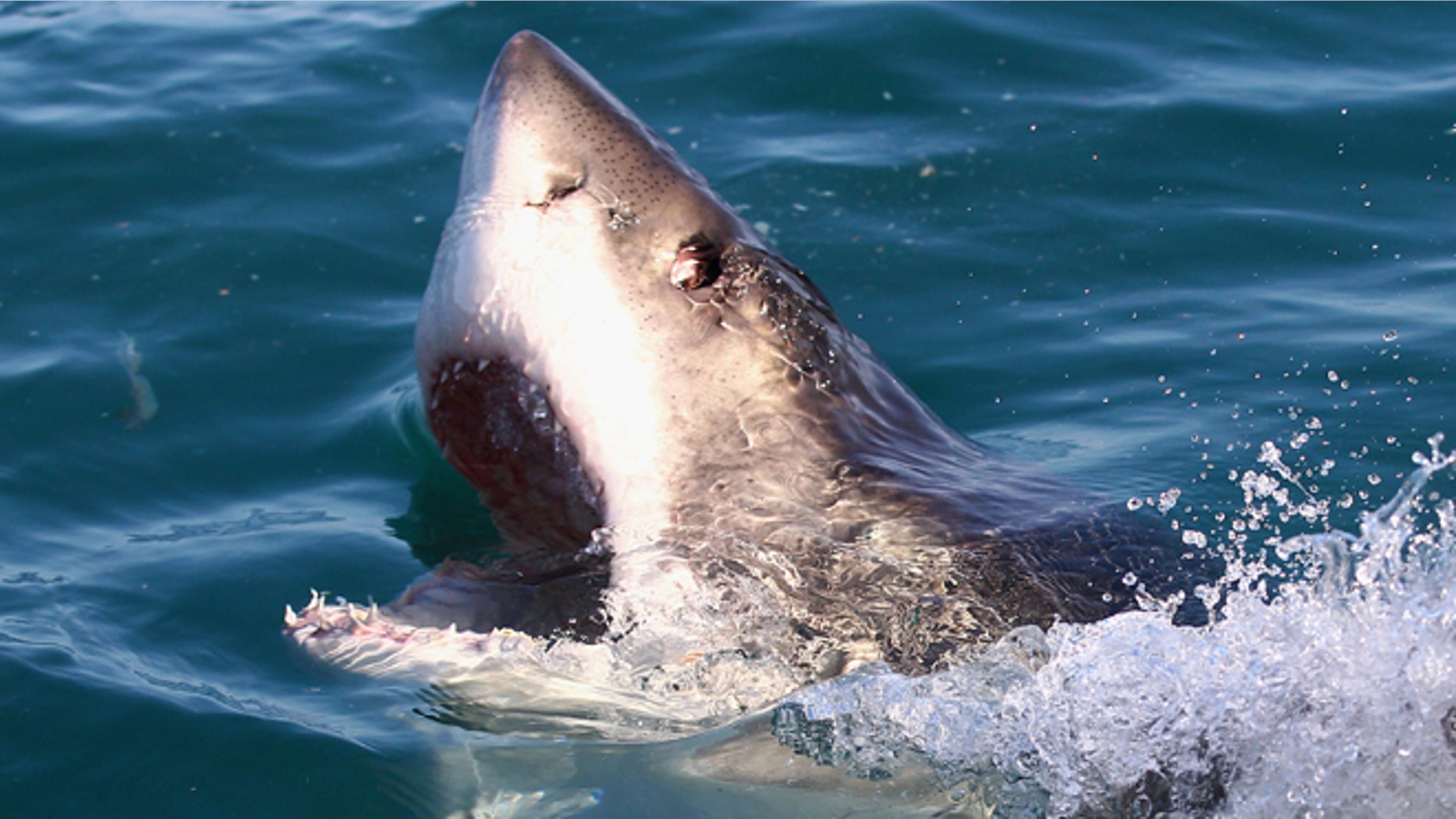Shark Attacks In The Caribbean: Are Waters Safe? [2024 Update]
Are the idyllic waters of the Caribbean becoming a hunting ground? While the region has long been synonymous with pristine beaches and tranquil seas, recent events suggest a concerning trend: a rise in shark encounters and, tragically, fatal attacks.
Barbados, historically untouched by shark attacks, remains an exception. However, the waters surrounding this island, like others in the region, are home to various shark species, including tiger sharks, which have been observed near the north and northeast beaches. Fishermen regularly report catching these creatures, a testament to their presence, even if interactions with humans are rare. Shark attacks, though statistically infrequent, appear to be gaining momentum. Reports from various islands paint a concerning picture, prompting a closer examination of the situation.
The West End of Grand Bahama is recognized to have a large number of shark species. Aruba is home to a diverse range of shark species, including the caribbean reef shark, nurse shark, tiger shark, blacktip reef shark, hammerhead sharks, whale shark, and more. Shark encounters in aruba are rare and most species of sharks prefer the deeper ocean waters to the shallow waters close to shore, making it safe for swimming and snorkeling.
| Incident | Details | Location | Date | Victim | Notes |
|---|---|---|---|---|---|
| Shark Attack | A woman in her 40s was attacked while swimming. | Orient Bay, Saint Martin | Thursday, December 10 | A woman in her 40s | Fatal. The attack was the first such incident in over a decade for the area. |
| Shark Attack | A man was attacked moments before rescue. | Caribbean Island (unspecified) | Unknown | A man | Fatal. The victim was one of seven Venezuelan men. |
| Shark Attack | A Venezuelan man was killed by a shark after a shipwreck. | Caribbean Sea | Unknown | A Venezuelan man | Fatal. He was clinging to a rescue buoy. |
| Shark Attack | A tourist was bitten while fishing. | West End | 2023 | Tourist from the United States | Non-fatal. |
| Shark Attack | An Austrian diver died a day after a bite. | Unknown | February 2008 | Markus Groh | Fatal. Occurred during an organized shark dive. |
Reference: Florida Museum of Natural History - International Shark Attack File
The Caribbean region has seen 34 unprovoked bites since 2000, a grim statistic that highlights the need for caution. Researchers have noted that four of these attacks proved fatal. The most recent and perhaps most alarming incidents have occurred around Saint Martin. A woman in her 40s was tragically killed in Orient Bay, a popular spot. The attack happened on Thursday, December 10th, marking a devastating event. This attack was the first in over a decade in the area, shocking the Eastern Caribbean.
Another incident involved a man whose boat had capsized. Moments before rescue, a shark attack claimed his life. The victim was one of seven Venezuelan men who had been thrown into the sea. In a separate event, a Venezuelan man, clinging to a rescue buoy after a shipwreck, was attacked and killed just as he was about to be saved. These events underscore the unpredictable nature of such encounters and the speed with which tragedy can unfold.
The waters around Bonaire, known as a diver's paradise, also harbor sharks. The most common species found here are nurse and Caribbean reef sharks. Sightings of whale, hammerhead, and tiger sharks have also been reported. Yet, shark attacks in Bonaire are rare. The local marine park works to protect the local sharks, and all sharks and three ray species are assigned as protected species, though enforcement is still challenging. A dive trip in Bonaire would most likely not involve seeing a shark.
Even if you were to encounter a shark, the most common species encountered by snorkelers, such as blacktip reef sharks, whitetip reef sharks, and nurse sharks, are typically small and harmless. These species often inhabit shallow waters and lagoons and typically do not attack unless feeling threatened. They are more likely to swim away if approached. This contrasts with the larger, more dangerous species sometimes caught by fishermen, emphasizing that not all shark encounters pose an equal risk.
These events highlight the urgent need for comprehensive understanding and responsible behavior in the Caribbean waters. Experts emphasize the importance of awareness and taking precautions, such as avoiding swimming in areas known for shark activity, particularly during dawn and dusk when sharks are most active. Further research is crucial to understand shifting shark behaviors and habitats.
The incident off the coast of Saint Martin took place in the popular Orient Bay, 150 meters from the shore. The attack happened at around 2:30 pm on Thursday, December 10, and was witnessed by onlookers. These events have sparked shock waves in the region, and experts are warning people in the eastern Caribbean to be cautious.
While shark attacks remain relatively rare, the increasing frequency warrants vigilance. Understanding shark behavior, respecting their environment, and following safety guidelines are essential for all those who venture into the waters of the Caribbean. The beauty of the region should be appreciated with a healthy dose of respect for its marine inhabitants, safeguarding both humans and the delicate balance of the oceans ecosystem.


